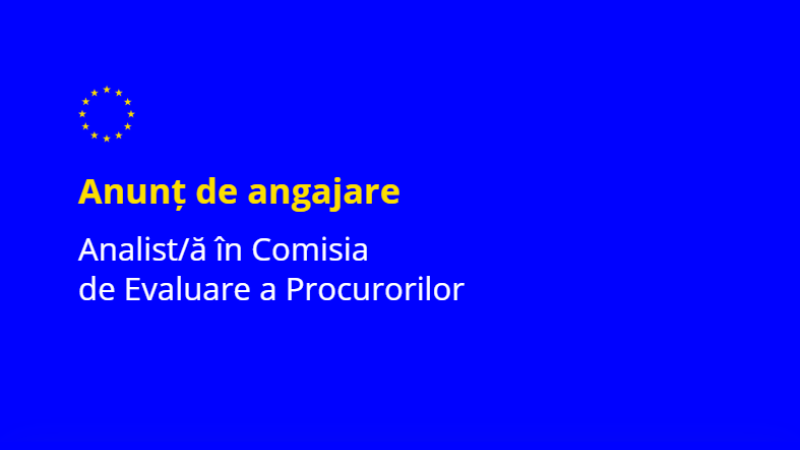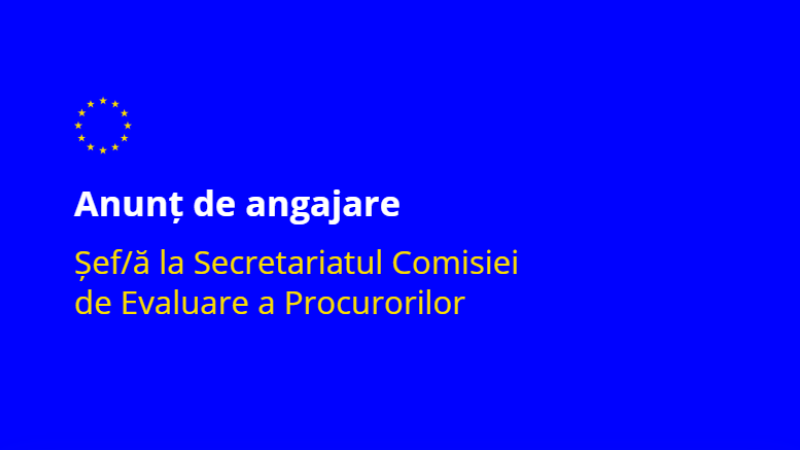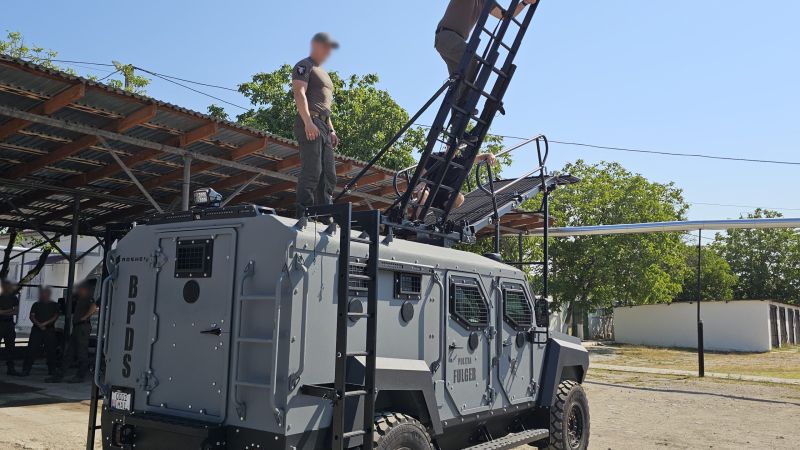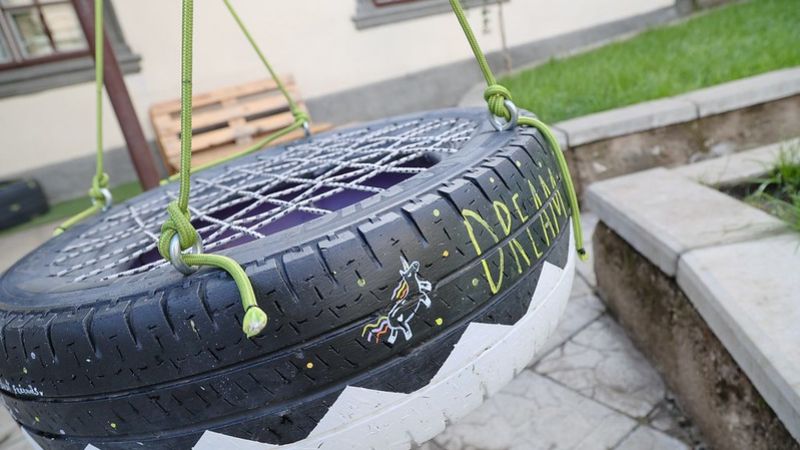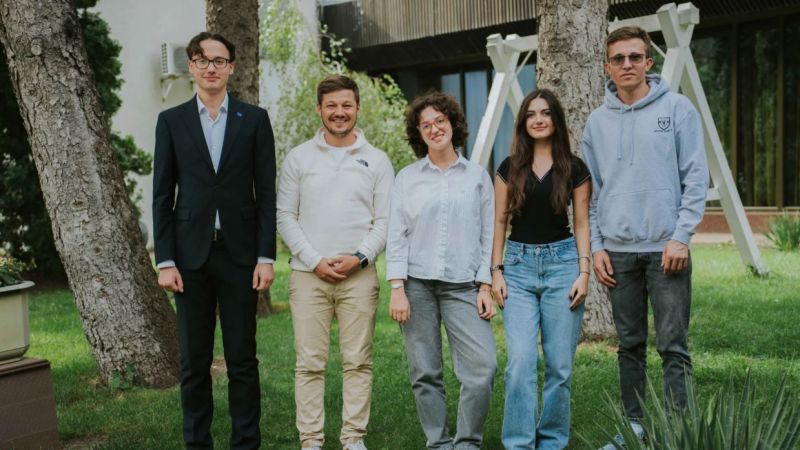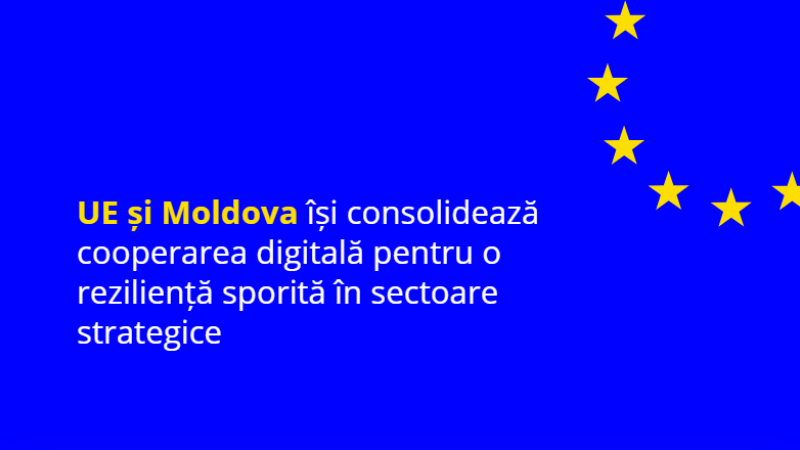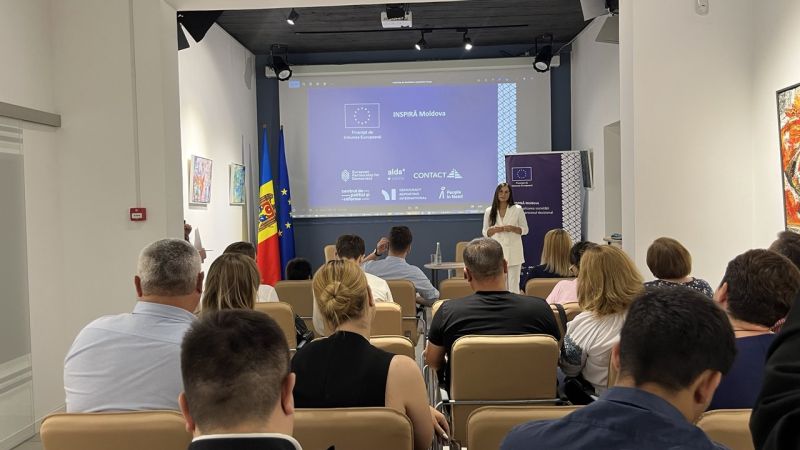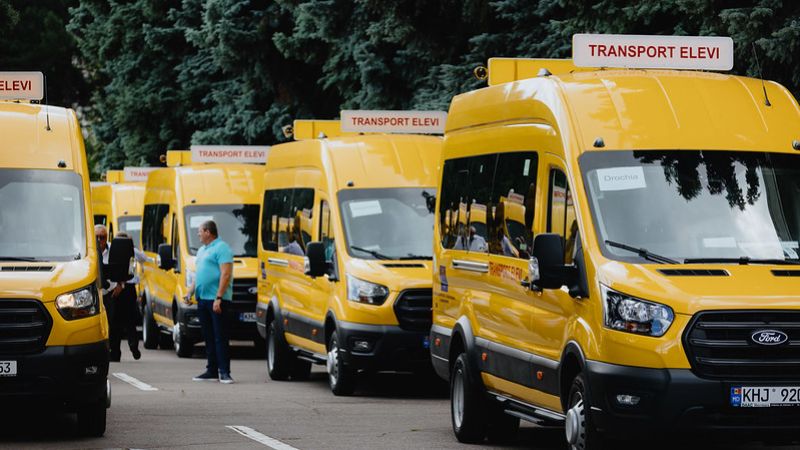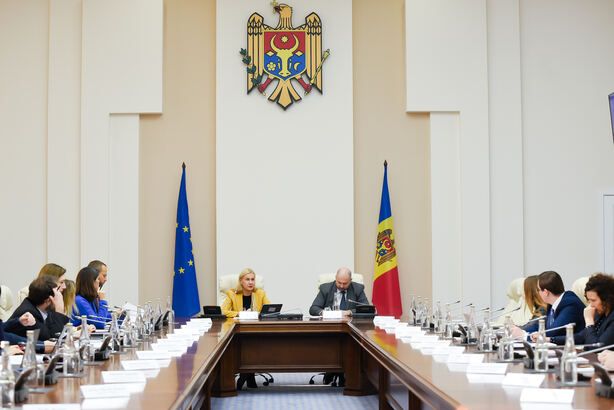
Foaie de parcurs pentru reformele pieței energetice – agreată, iar sprijinul pentru Moldova – a fost reafirmat de Comisia Europeană în cadrul celui de-al 5-lea Dialog la nivel înalt UE-Moldova în sectorul energetic
Cel de-al cincilea Dialog la Nivel Înalt UE-Moldova în domeniul energiei, desfășurat astăzi la Chișinău, a oferit ambelor părți posibilitatea de a-și reafirma angajamentul față de aprofundarea cooperării în sectorul energetic. Evenimentul a fost prezidat de Comisarul european pentru energie, Kadri SIMSON, și Ministrul energiei, Victor PARLICOV.
În cadrul discuțiilor, Ministrul a menționat că Moldova intenționează să intensifice eforturile pentru implementarea deplină a acquis-ului Comunității Energetice ca prioritate-cheie, în special transpunerea și implementarea integrală a Pachetului privind energia curată și a Pachetului de integrare a energiei electrice, care să permită includerea Republicii Moldova în piața internă a energiei electrice a UE, precum și deschiderea și liberalizarea în continuare a pieței gazelor. În acest sens, Republica Moldova, Comisia Europeană și Secretariatul Comunității Energetice au convenit asupra unei foi de parcurs comune pentru continuarea reformelor în sectorul energetic al Moldovei, incluzând energia electrică, gazele, energia regenerabilă și eficiența energetică.
În scopul creșterii securității energetice a țării, a fost discutată posibilitatea creșterii capacității de import a energiei electrice din Rețeaua Continentală Europeană și creșterea capacității de flux invers a gazoductului transbalcanic.
De asemenea, Republica Moldova și-a asumat angajamentul să accelereze dezvoltarea interconexiunilor electrice, cu accent pe construcția în timp util a liniilor electrice aeriene de 400 kV Vulcănești-Chișinău și Bălți-Suceava și să avanseze cu cea de-a treia interconectare Strășeni de 400 kV. Totodată, Moldova va explora posibilitatea de a propune interconectarea 400 kV Bălți-Suceava pentru lista UE de proiecte de interes reciproc, precum și a treia linie electrică.
În același timp, Comisia Europeană și-a reiterat angajamentul de a sprijini Republica Moldova în continuarea reformelor din sectorul energetic și în dezvoltarea infrastructurii sale energetice, inclusiv prin solicitarea de a aloca până la 10 milioane de euro Fondului pentru Eficiență Energetică Rezidențială în primul an de funcționare a acestuia și alte 3 milioane de euro pentru asistență tehnică Centrului Național pentru Energie Durabilă (CNED), care să devină atât punctul focal național pentru nevoile de eficiență energetică ale țării, inclusiv în sectorul rezidențial, cât și o instituție de încredere.
Asemenea, Comisia Europeană va sprijini Republica Moldova să ajungă la emisii „net-zero” până în 2050 prin extinderea procesului de electrificare, precum și eficientizarea sectorului energetic prin digitalizarea infrastructurii critice, optimizarea proceselor și valorificarea eficienței energetice, promovarea utilizării tehnologiilor verzi (stocare în baterii, pompe de căldură, contoare inteligente, utilizarea sporită a vehiculelor electrice etc.) și atragerea de finanțare în acest sector.
